This website uses cookies so that we can provide you with the best user experience possible. Cookie information is stored in your browser and performs functions such as recognising you when you return to our website and helping our team to understand which sections of the website you find most interesting and useful.
Mysteries of Cell Fate Unlocked with New Measurement and Modeling Techniques
at the Institute for Systems Biology

Mysteries of Cell Fate Unlocked with New Measurement and Modeling Techniques
In the cellular process of differentiation, information about the concentrations of an important class of proteins residing in a cell’s nucleus has been lacking, a missing link needed for scientists to fully understand how the process works. ISB researchers have quantified this important class of proteins that play a key role in the formation of red blood cells.
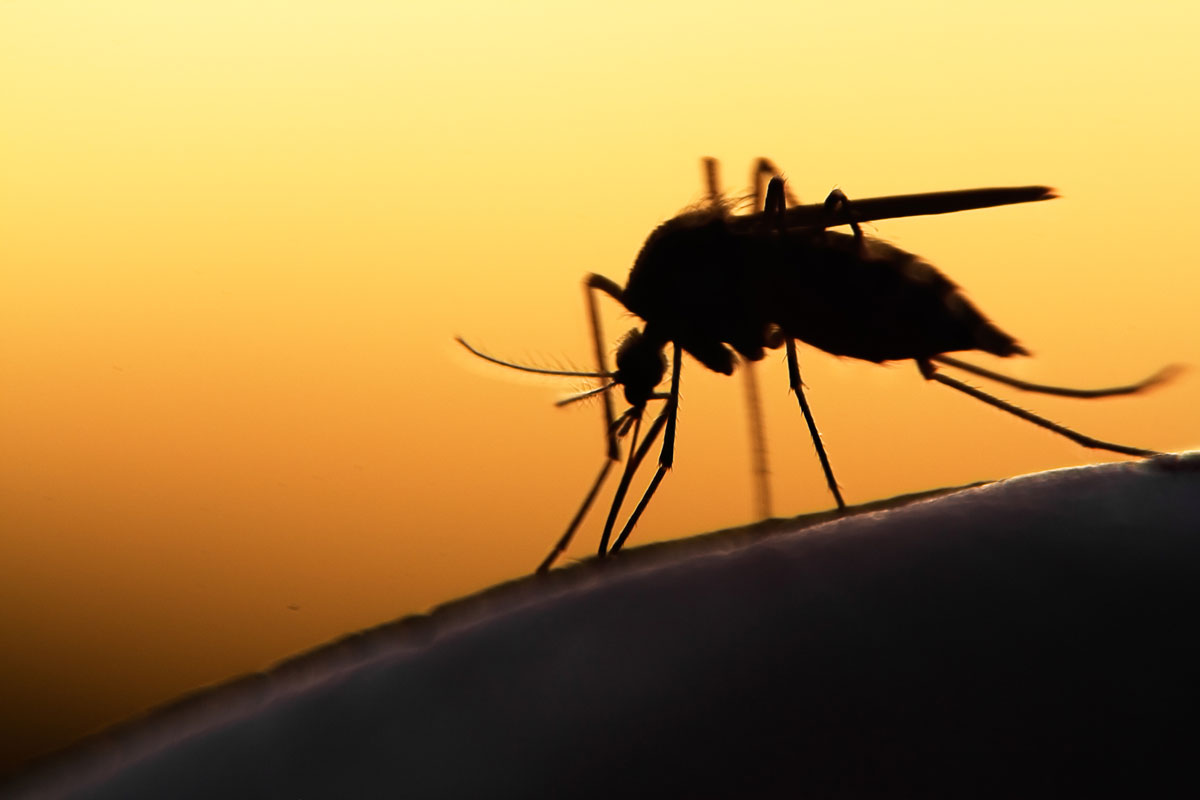
Malaria Researchers’ Findings May Have Implications for Preventing Spread of Deadly Disease
ISB researchers and their collaborators are using systems biology approaches to learn how the malaria parasite is able to transfer to humans via the bite of an infected mosquito. The information they have uncovered may help identify new ways to prevent people from contracting the deadly disease.
ISB’s proteomics research in the spotlight
Microsoft Research recently deployed a video crew to come to ISB to speak with our researchers about proteomics and sharing peptide data. A story featuring the video was published on the Microsoft Research blog.
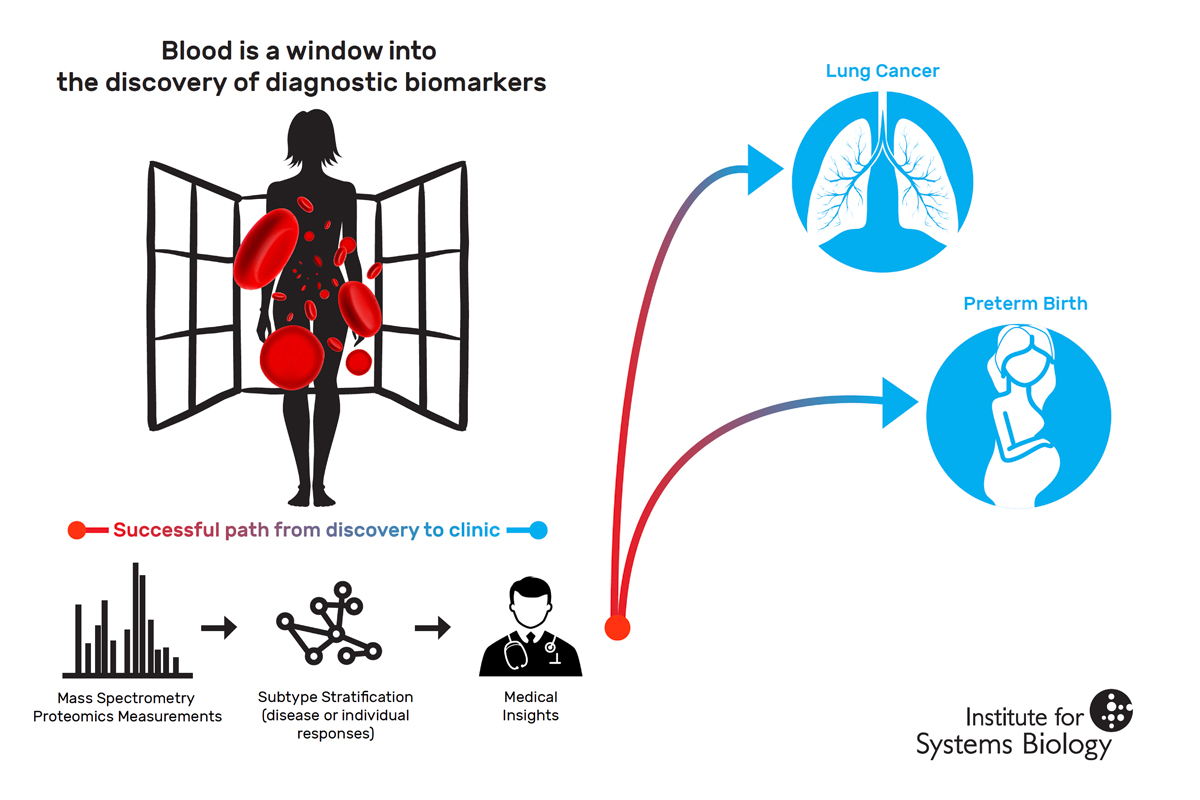
Key Strategies for Implementing Proteomics-Based Tests Across Disease States Highlighted in Current Opinion in Biotechnology
ISB, Integrated Diagnostics and Sera Prognostics just announced a paper entitled, “The building blocks of successful translation of proteomics to the clinic,” by Leroy Hood and colleagues published online in Current Opinion in Biotechnology.
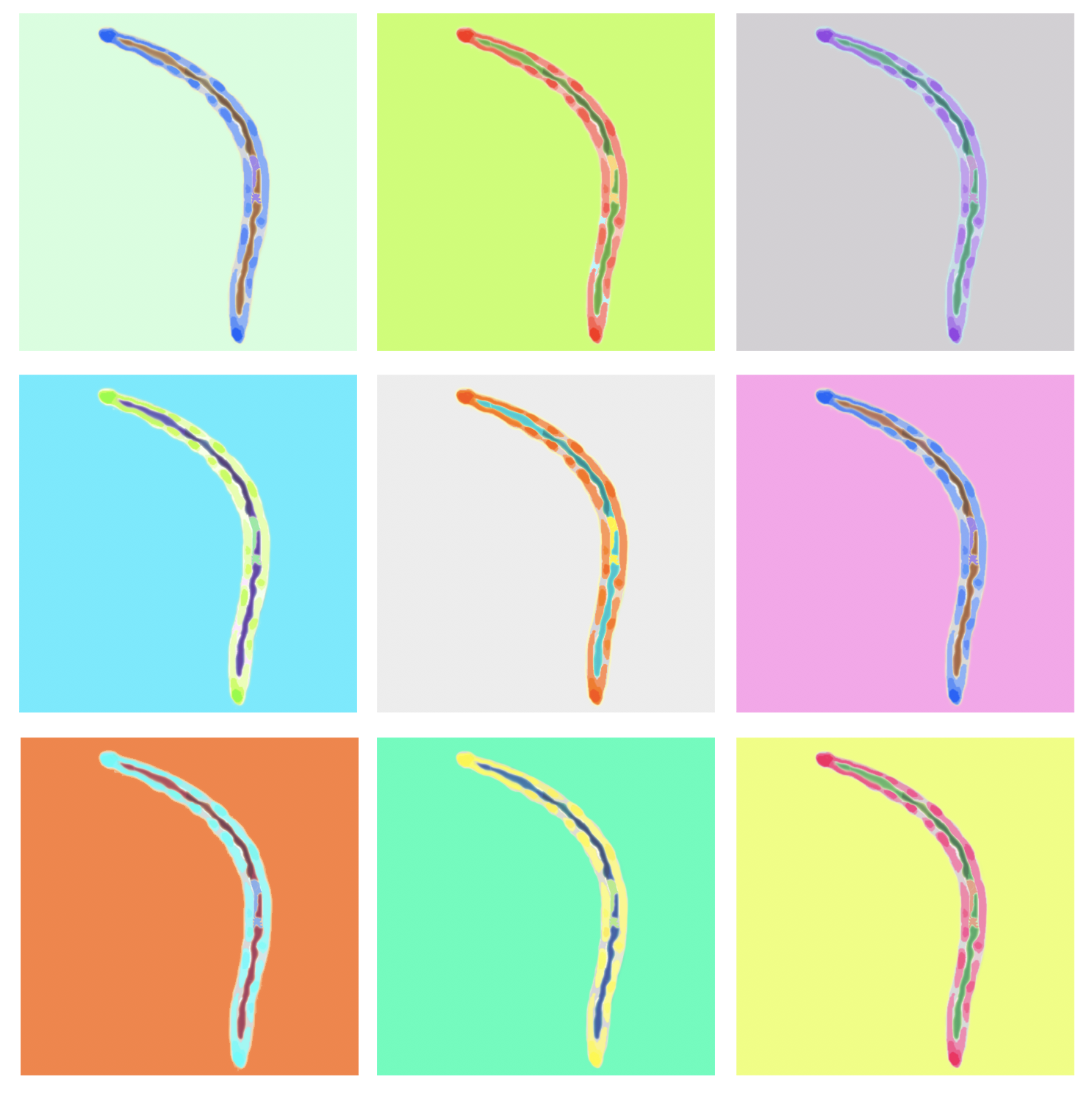
The Other Malaria: Finding New Targets for a Vaccine Against Plasmodium vivax
A new report in PLOS Neglected Tropical Diseases describes the results of an international collaboration led by researchers at ISB and Seattle’s Center for Infectious Disease Research (CIDResearch). We used mass spectrometry-based proteomics to identify nearly 2,000 proteins present in Plasmodium vivax parasites, one of the Plasmodium species that cause the disease malaria in humans. The work was done on parasites dissected from mosquito salivary glands, parasites that were in…
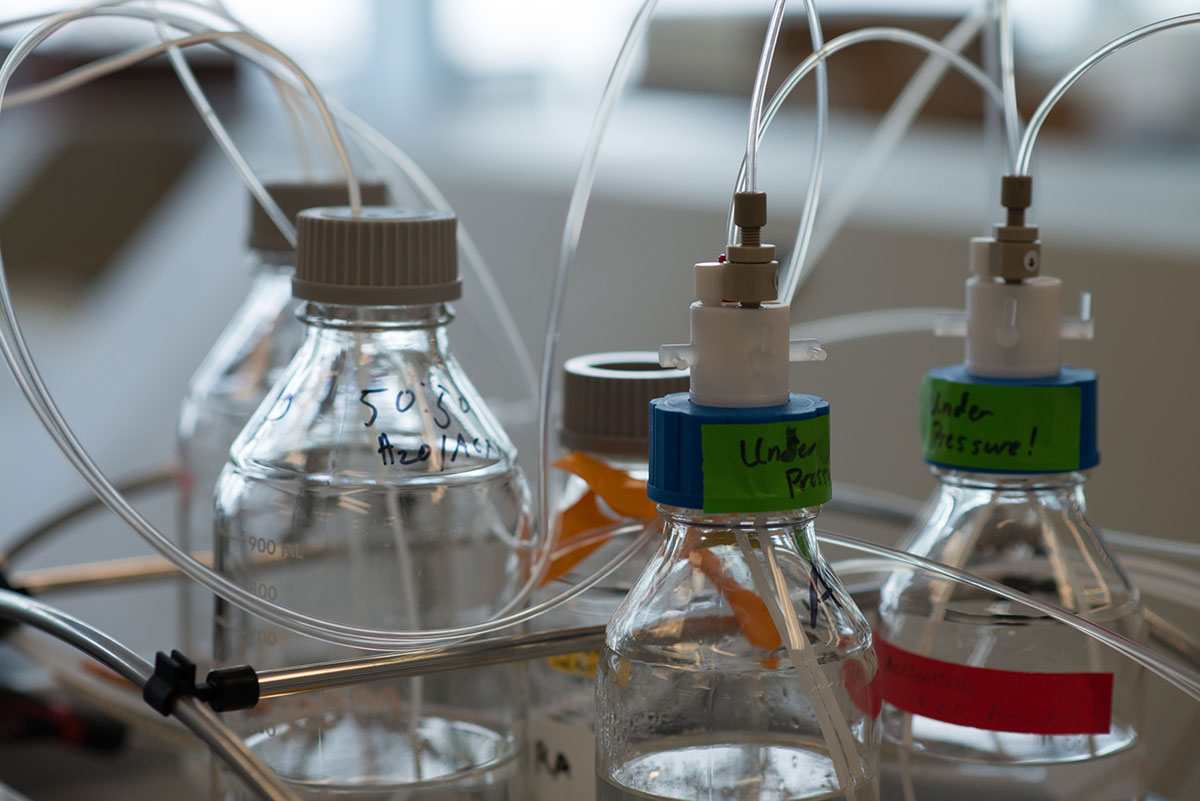
ISB Proteomics: Moritz Lab Hosts TPP Workshop in Delhi
A team from the Moritz Lab at ISB headed to Delhi, India, to host a workshop on the Trans-Proteomic Pipeline (TPP). @ISBUSA Luis Mendoza and Dave Campbell open up the TPP course in Delhi India today to teach proteomics from the Moritz Lab. Welcome students pic.twitter.com/01hkteGfrr — rmoritz (@r_l_moritz) December 9, 2016 Many thanks from the Moritz lab @ISBUSA to the TPP Delhi Course participants and thanks to Brijesh Pandey…
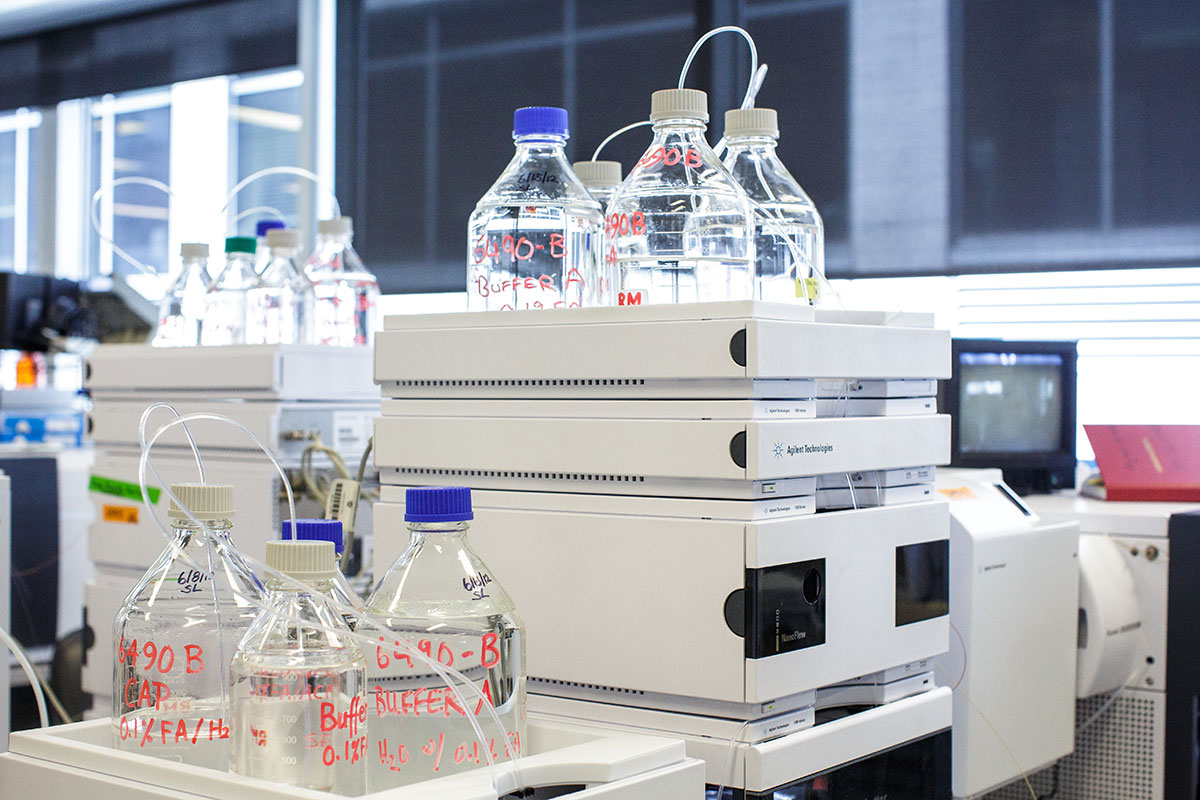
‘A Better Blood Test for Liver Damage’
Chemical & Engineering News highlighted ISB’s recent publication (Identifying Organ-Specific Blood Biomarkers for Acute Liver Injury) in the Journal of Proteome Research. “For many years, clinicians have relied on assays for two enzymes, alanine aminotransferase (ALT) and aspartate aminotransferase (AST), to detect liver injury. These biomarkers have limitations, says Leroy Hood of the Institute for Systems Biology, such as a short half-life and a tendency to underreport damage in certain…
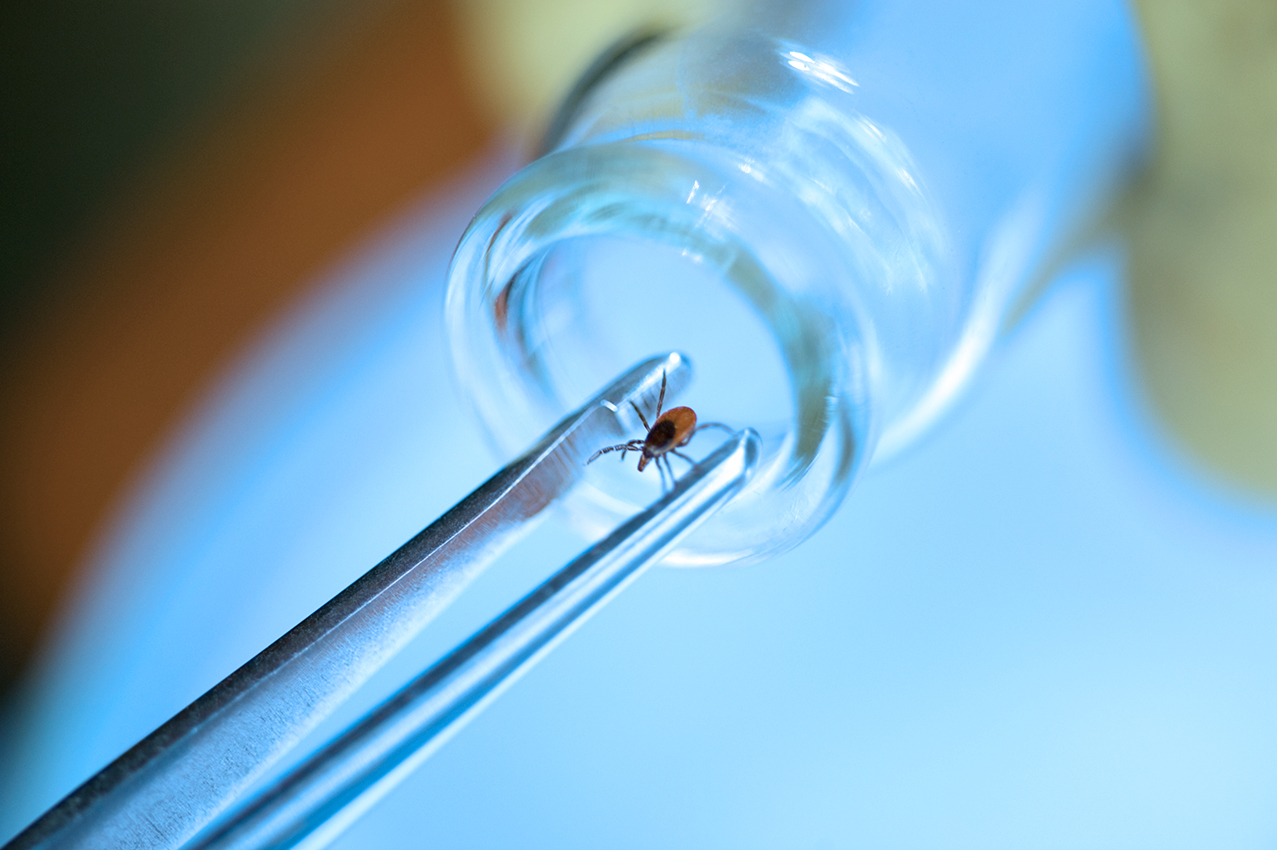
Wilke Cohen Lyme Disease Project Receives $3M from the Steven & Alexandra Cohen Foundation
PRESS RELEASE Total Funding Has Reached $6.1 Million ISB Researchers Have Discovered Potential Biomarkers and Successfully Reproduced the Borrelia Bacteria in the Lab SEATTLE – June 1, 2016 – Institute for Systems Biology (ISB) has received a transformational, multi-year pledge from the Steven & Alexandra Cohen Foundation to support the Wilke Cohen Lyme Disease Project. In addition to an initial $3.1 million in funding from Jeff and Liesl Wilke, Jeff…

Dissecting Mosquitoes is Hard!
Photo by Hsiao-Ching Chou Dr. Kristian Swearingen is a research scientist in the Moritz Lab at ISB. He and his collaborators just published a paper in PLOS Pathogens that describes potential new targets for malaria vaccines. Read his article about the research. Asked about the challenge of having to dissect thousands of mosquitoes, he commented: When we started this project, my collaborators collected all the parasites and I focused on…
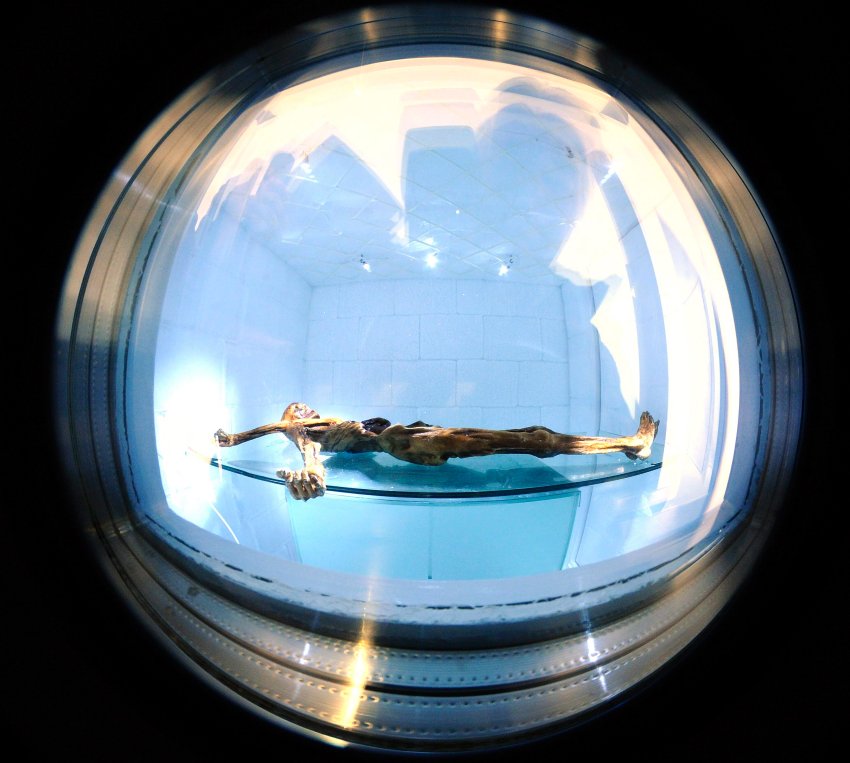
ISB Q&A: Dr. Robert Moritz on Ötzi the Iceman
Ötzi the Iceman: In a study published in the Jan. 8, 2016, issue of the journal Science, researchers from the Moritz group at ISB collaborated with a worldwide consortia headed by Prof. Albert Zink and Dr. Frank Maixner, of the Institute for Mummies and the Iceman at the European Academy of Bozen/Bolzano (EURAC) in Italy; Prof. Thomas Rattei, of the University of Vienna; and Dr. Rudi Grimm, of University of…
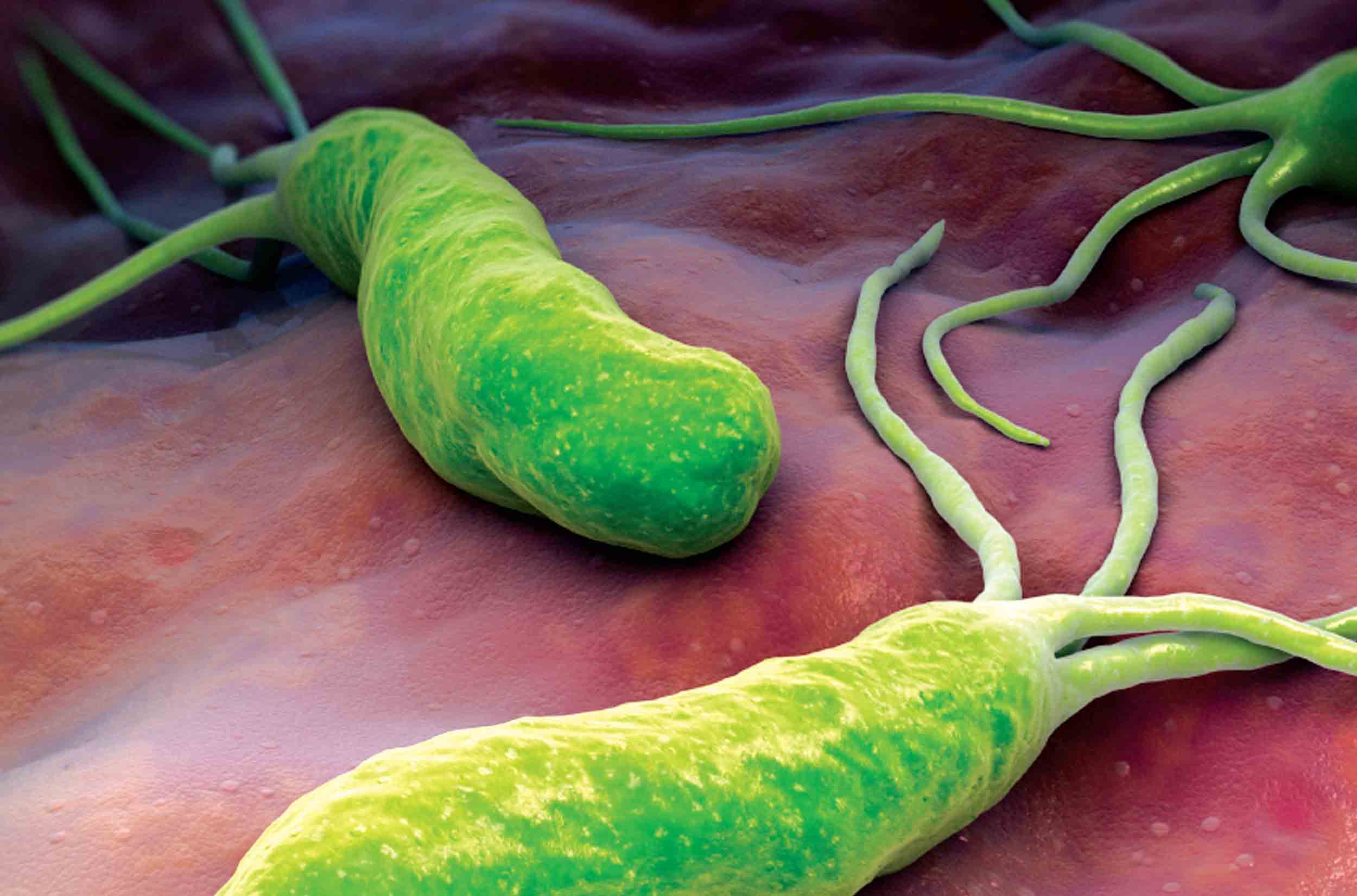
The 5300-year-old Helicobacter pylori genome of the Iceman
ISB’s Moritz Group, which specializes in proteomics, collaborated on research related to study pathogens from the stomach content and microbiome of Ötzi, a glacier mummy from the European Copper Age. The results were published in Science. Read the article here. Institute for Systems Biology collaborates with researchers worldwide to study pathogens in the stomach content and microbiome of the 5300 year old European Copper Age glacier mummy “Ötzi” and discovers…
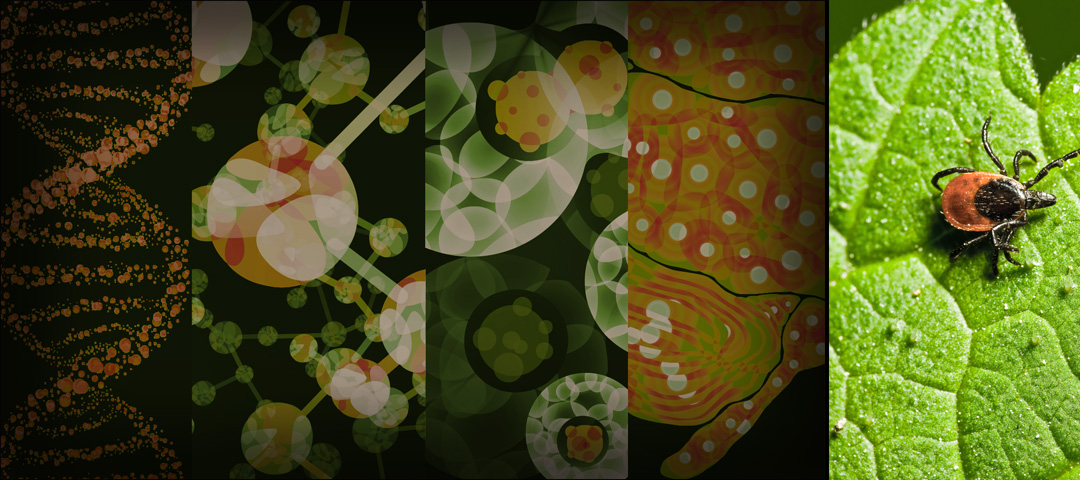
ISB Launches 3-Year Wilke Lyme Disease Project with $2.13M Funding
Study Utilizes Systems Approaches to Develop Diagnostics and Deeper Understanding of Chronic Lyme PRESS RELEASE, SEATTLE, March 26, 2015 – Institute for Systems Biology (ISB) has received $2.13 million in transformational gifts from Jeff and Liesl Wilke; Jeff and MacKenzie Bezos; and the Bay Area Lyme Foundation to tackle chronic Lyme disease, a highly complex and often misdiagnosed disease that can be debilitating for those who do not respond to…
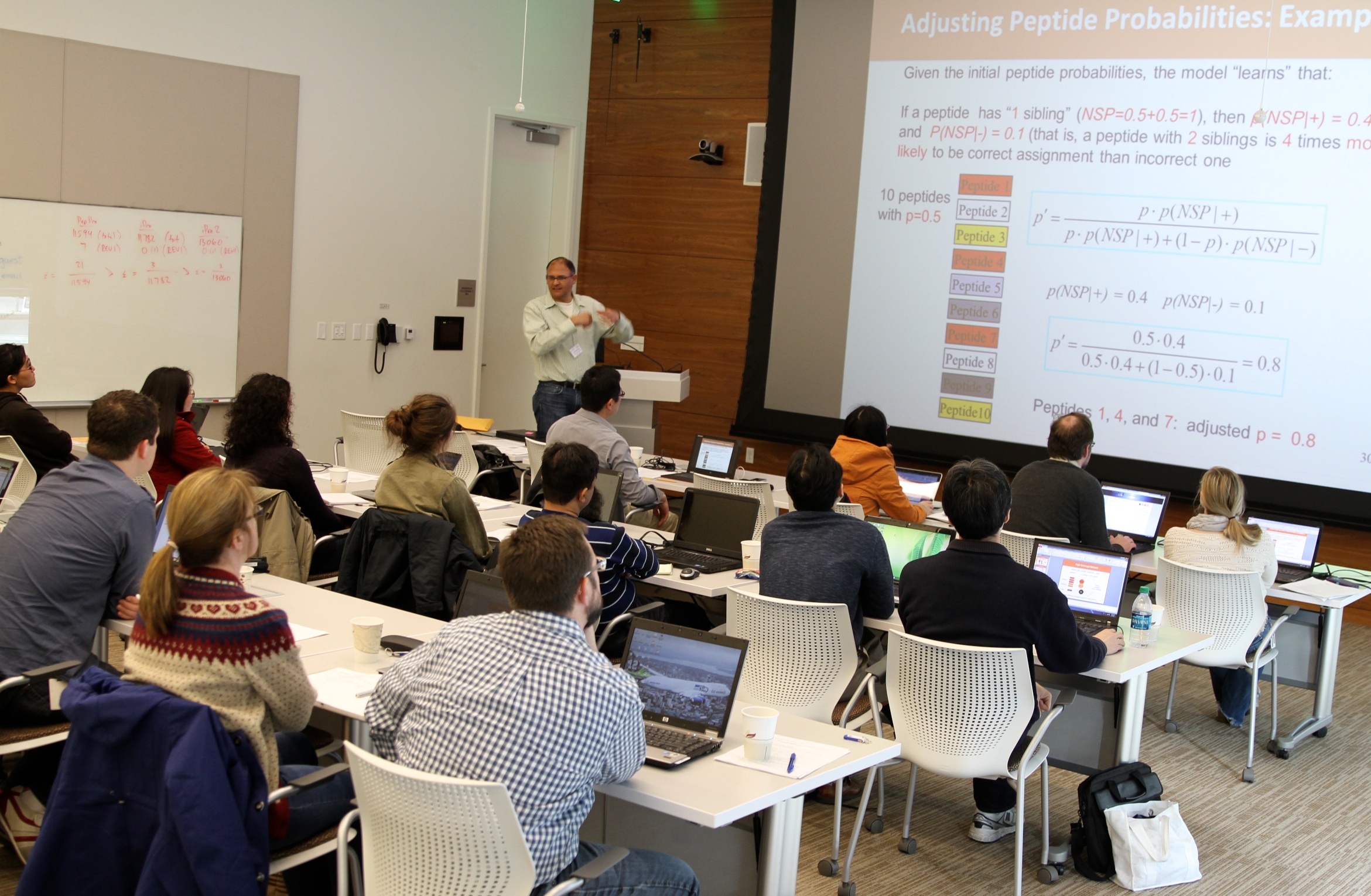
ISB’s Robert Moritz Lab Receives NIGMS Grant for Trans Proteomic Pipeline
The National Institute Of General Medical Sciences of the NIH has awarded Principal Investigator(s): Eric Deutsch, PhD, and Robert L. Moritz, PhD, a continuing R01 grant GM087221 for the ongoing development of the Trans-Proteomic Pipeline. The award titled “Development of Trans Proteomic Pipeline, an Analysis Suite for Mass Spectrometry” will continue the work of the ISB flagship proteomics analysis suite of open-source programs that has been downloaded thousands of times…



